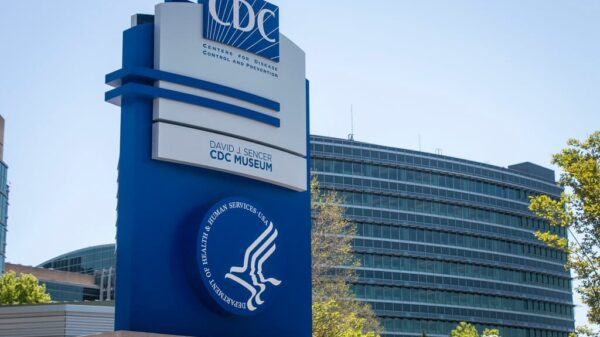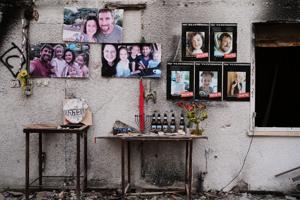Israeli and Hamas officials are set to hold indirect negotiations in Sharm el-Sheikh, Egypt, on a proposed U.S. peace plan for Gaza. The discussions, scheduled for Monday, will focus on initiating a ceasefire, which includes a partial withdrawal of Israeli forces and the release of hostages held by Hamas in exchange for Palestinian prisoners detained in Israel. This development follows Hamas’s acceptance of certain elements of the U.S. plan, a move that has been welcomed by U.S. President Donald Trump.
U.S. Middle East envoy Steve Witkoff and Trump’s son-in-law Jared Kushner are also expected to participate in the talks, as reported by Egypt’s state-run media outlet, Al-Ahram. Under the proposed plan, Hamas is expected to release the remaining 48 hostages, approximately 20 of whom are believed to be alive, within three days. In return, the militant group would relinquish control and disarm.
The backdrop to these negotiations is the ongoing conflict that escalated significantly following the October 7, 2023, attack by Hamas, which resulted in the deaths of around 1,200 individuals, primarily civilians, and the abduction of 251 people. The Gaza Health Ministry reported that the Palestinian death toll since the onset of the conflict has reached a staggering 67,160, with nearly 170,000 individuals injured. The ministry, which operates under the Hamas-led government, is considered a reliable source for casualty figures by the United Nations and various independent experts.
Demonstrations and Humanitarian Concerns
In a show of solidarity, hundreds of women in Istanbul formed a human chain on Monday to honor the Palestinian women and children who have lost their lives during the conflict. This demonstration, organized by the ruling party of President Recep Tayyip Erdogan, coincided with the second anniversary of the Hamas attacks that sparked the ongoing war. Similar protests occurred in Ankara and other Turkish cities, with participants waving Palestinian flags and wearing traditional kaffiyeh scarves.
The health ministry in Gaza reported that in the past 24 hours, Israeli strikes and gunfire killed 19 individuals, including two aid-seekers. This latest surge in violence has exacerbated the humanitarian crisis, as the ministry’s figures indicate that the total death toll continues to rise.
Egyptian President Abdel-Fattah el-Sisi expressed support for U.S. efforts to mediate peace during a televised address commemorating the anniversary of the 1973 war with Israel. He emphasized the importance of achieving a ceasefire, securing the return of hostages, and initiating a peaceful political process that could lead to the establishment of a Palestinian state. El-Sisi underscored the significance of maintaining the U.S.-crafted peace framework that has been in place since the 1970s.
Personal Stories Amidst the Conflict
As the war endures, many families in Gaza are facing dire circumstances. Palestinians born on the day the conflict began hope to celebrate their second birthdays in peace rather than amidst ongoing violence. Rola Saqer, who gave birth to her daughter Masa on that day, described the last two years as filled with suffering and fear for her child’s health. Saqer and her husband, Mohammed Zaqout, currently reside in a sparsely furnished tent in the Nuseirat refugee camp, struggling to provide for their family.
Similarly, Amal al-Taweel and her husband, Mostafa, welcomed their son Ali after a long period of trying to conceive. Now, they find themselves living in a tent with inadequate sanitation, food, and medical care. These individual stories highlight the profound human impact of the conflict, as families grapple with the ongoing crisis while hoping for a resolution that allows them to live without fear.
The outcome of the upcoming talks in Egypt remains uncertain, but the international community is watching closely as efforts continue to establish a pathway toward lasting peace in the region.



































































